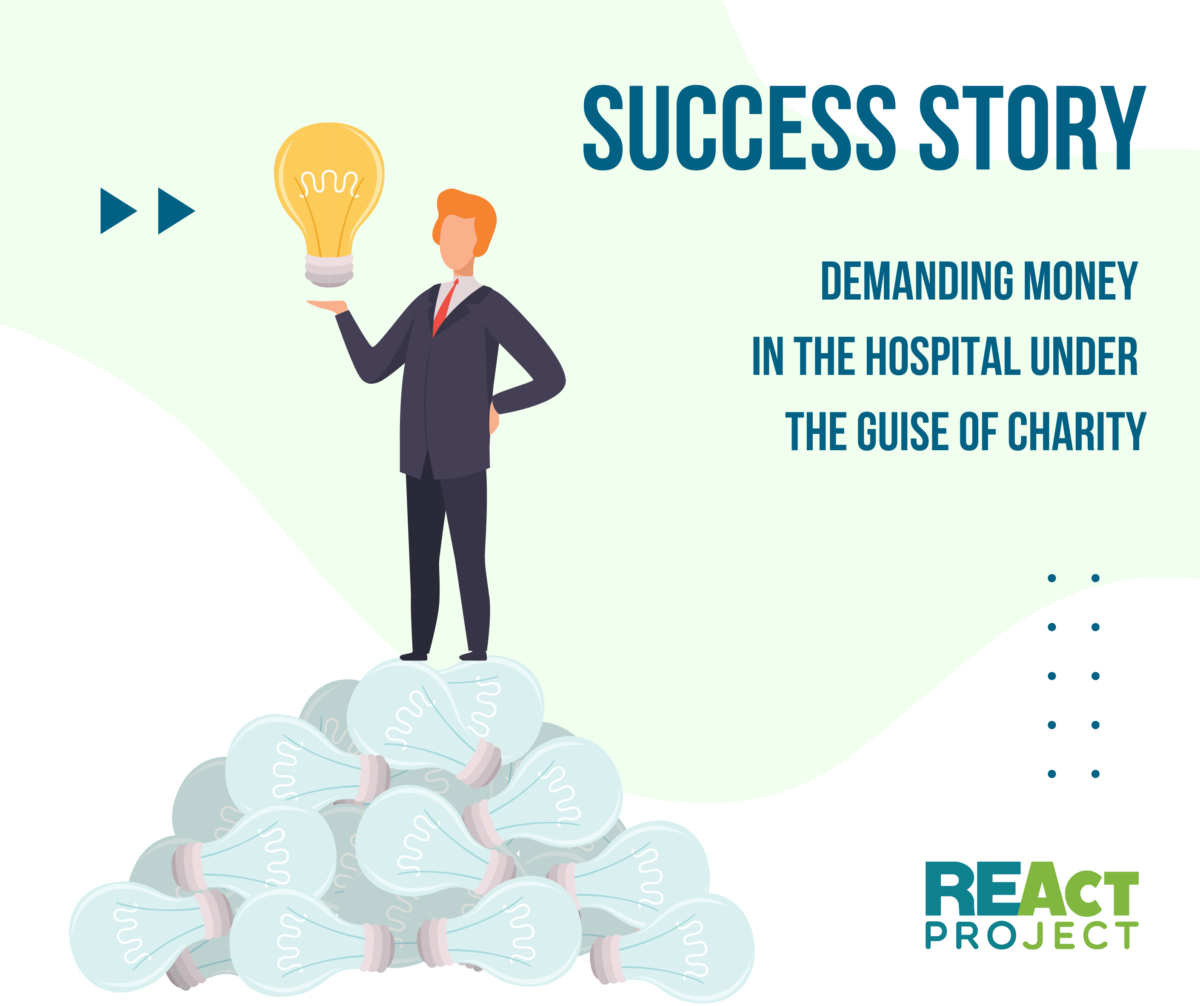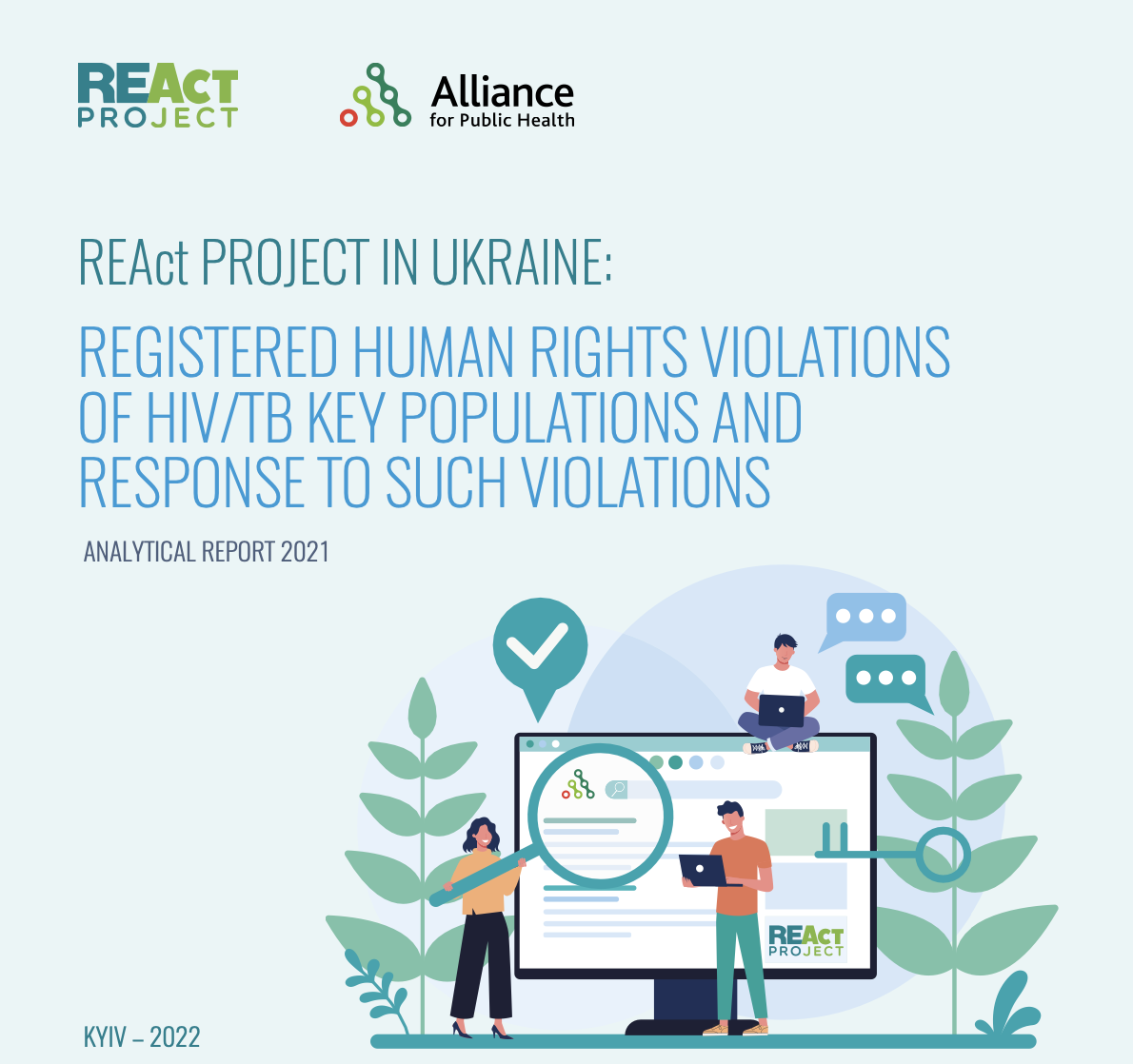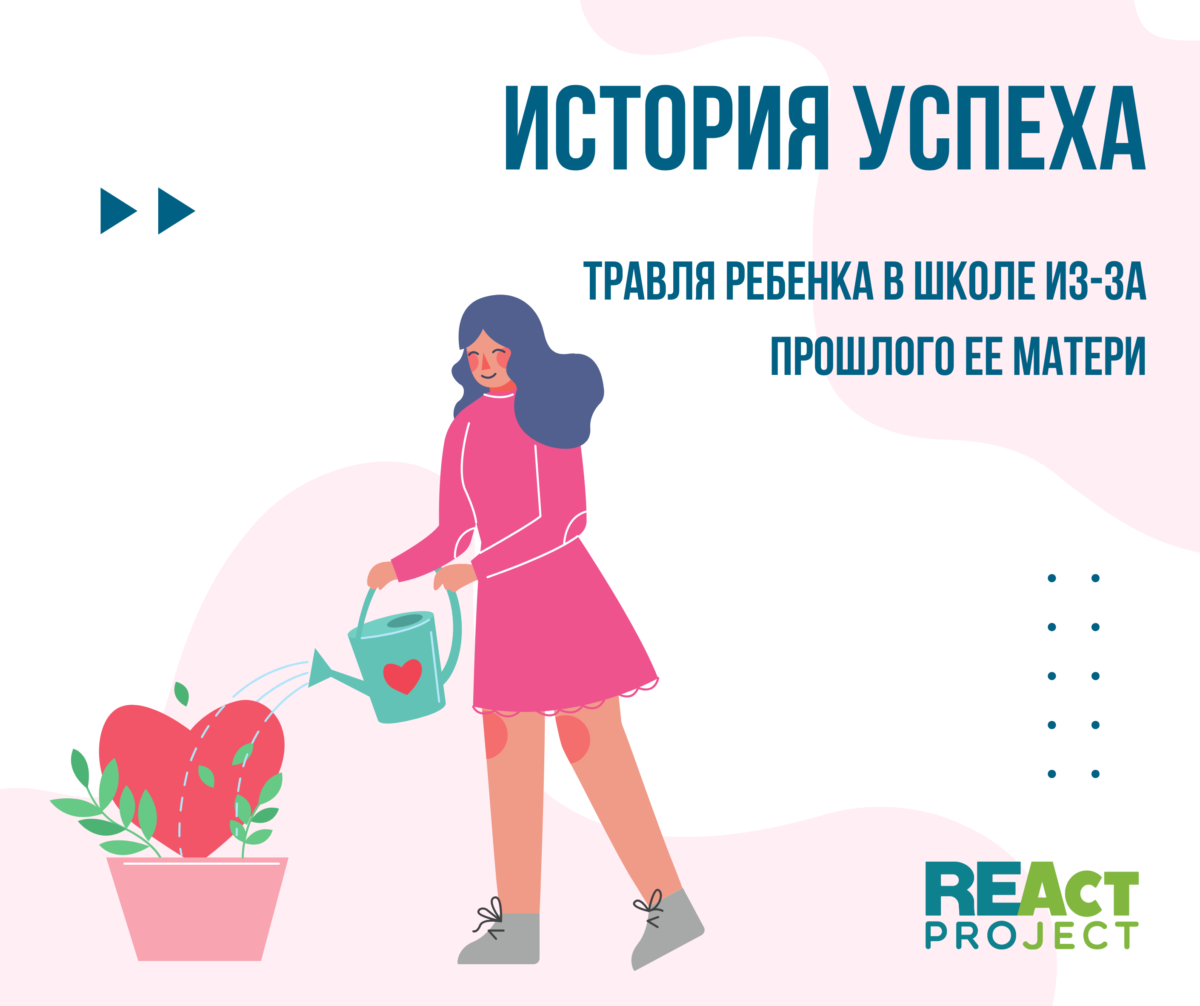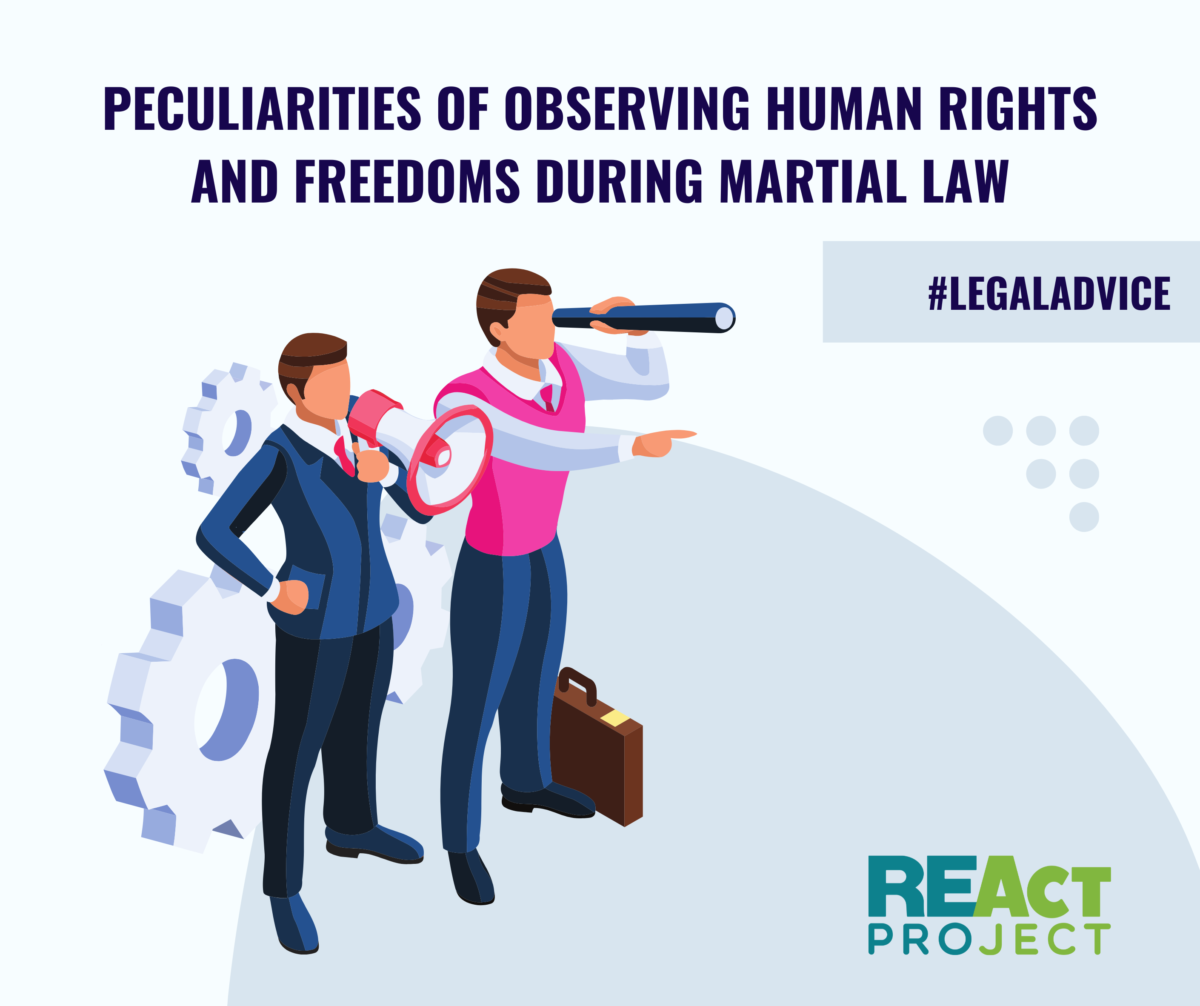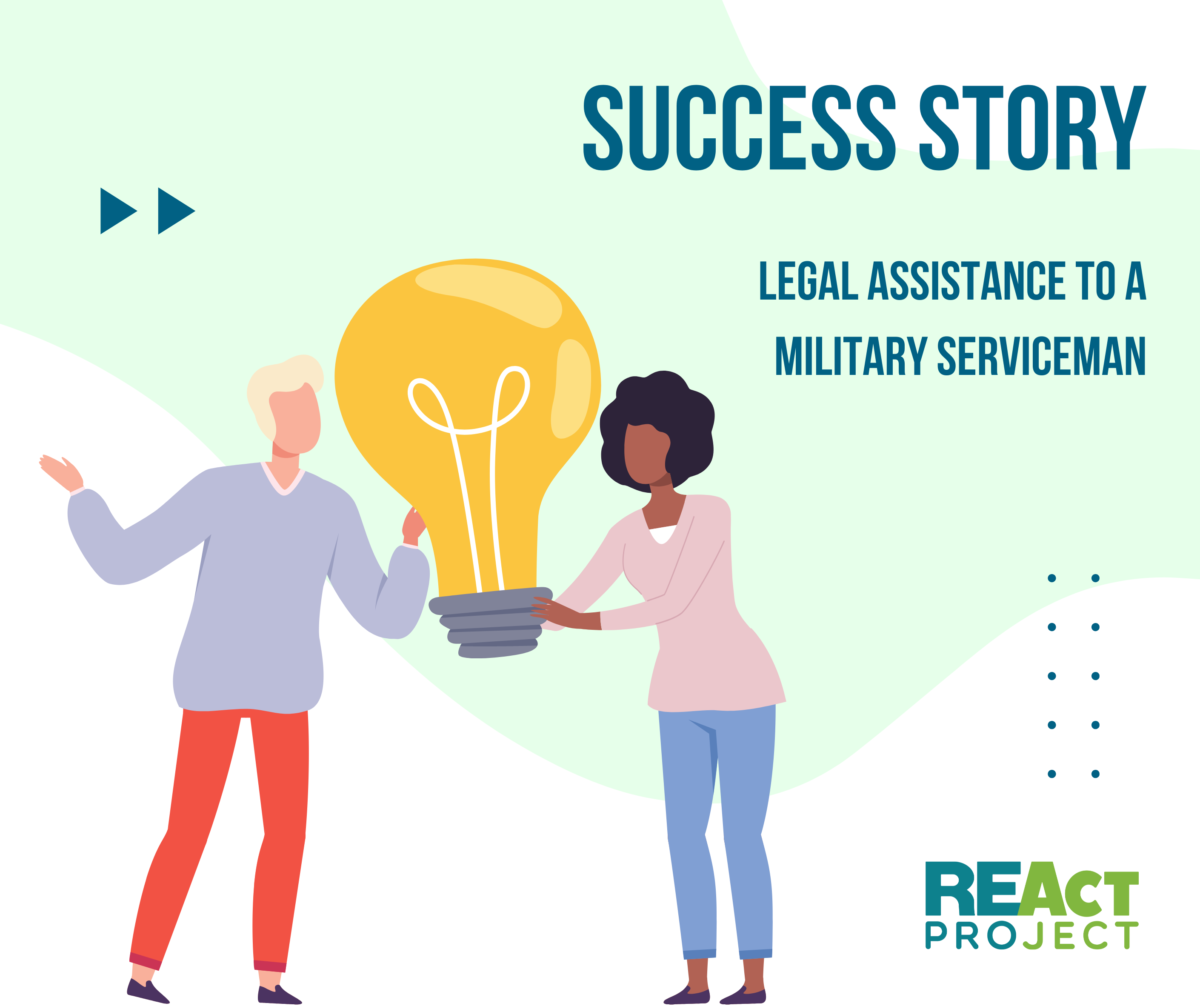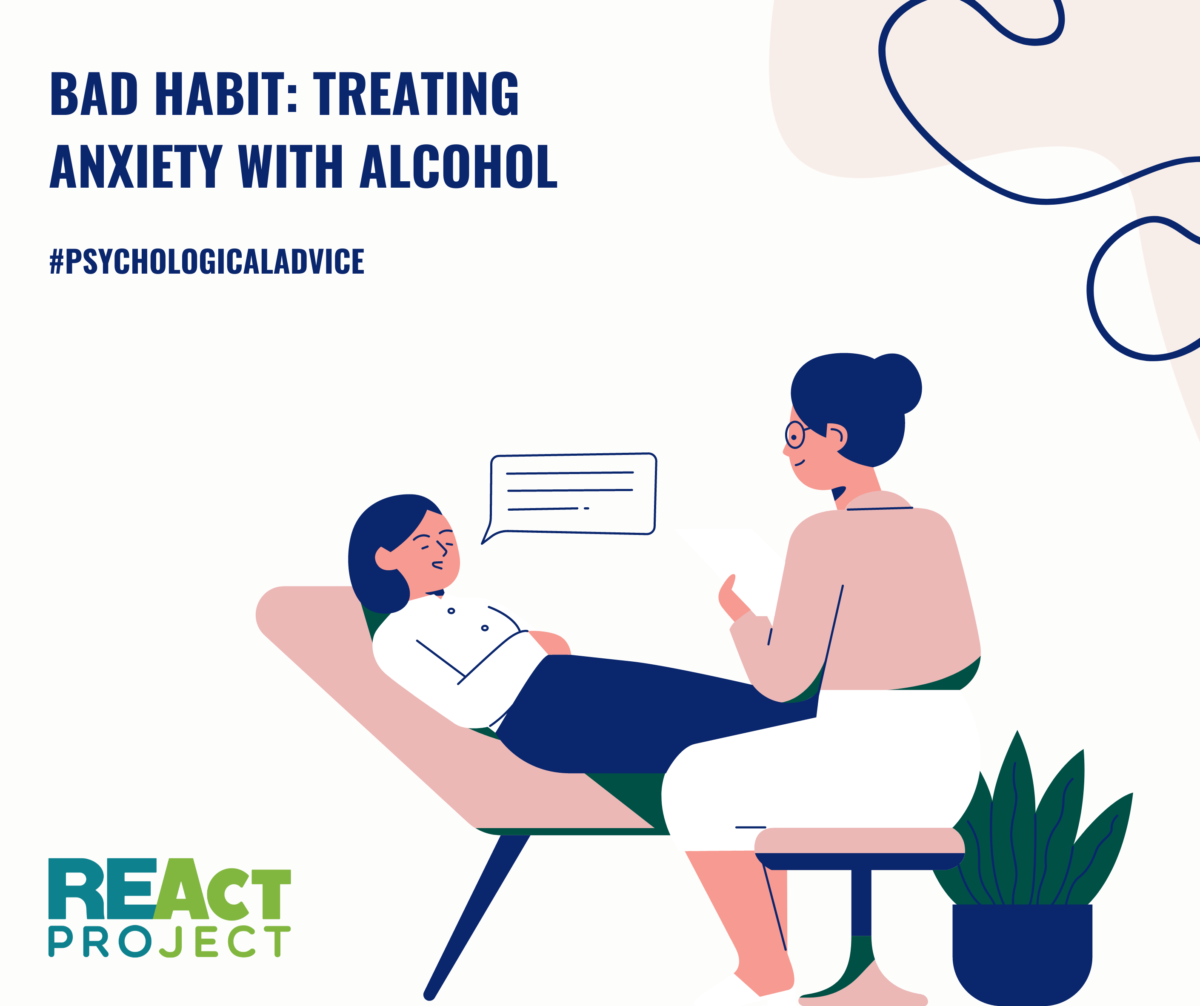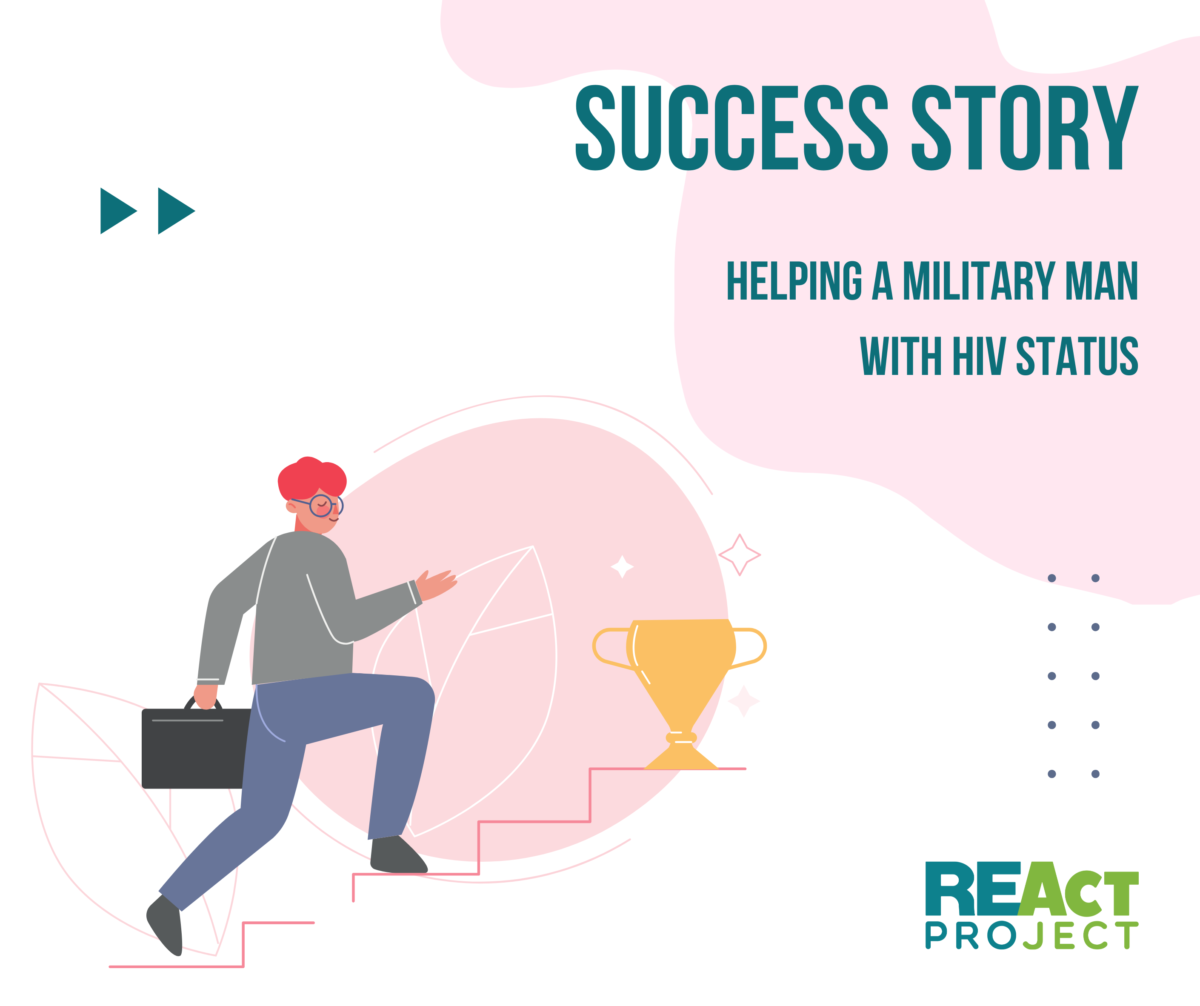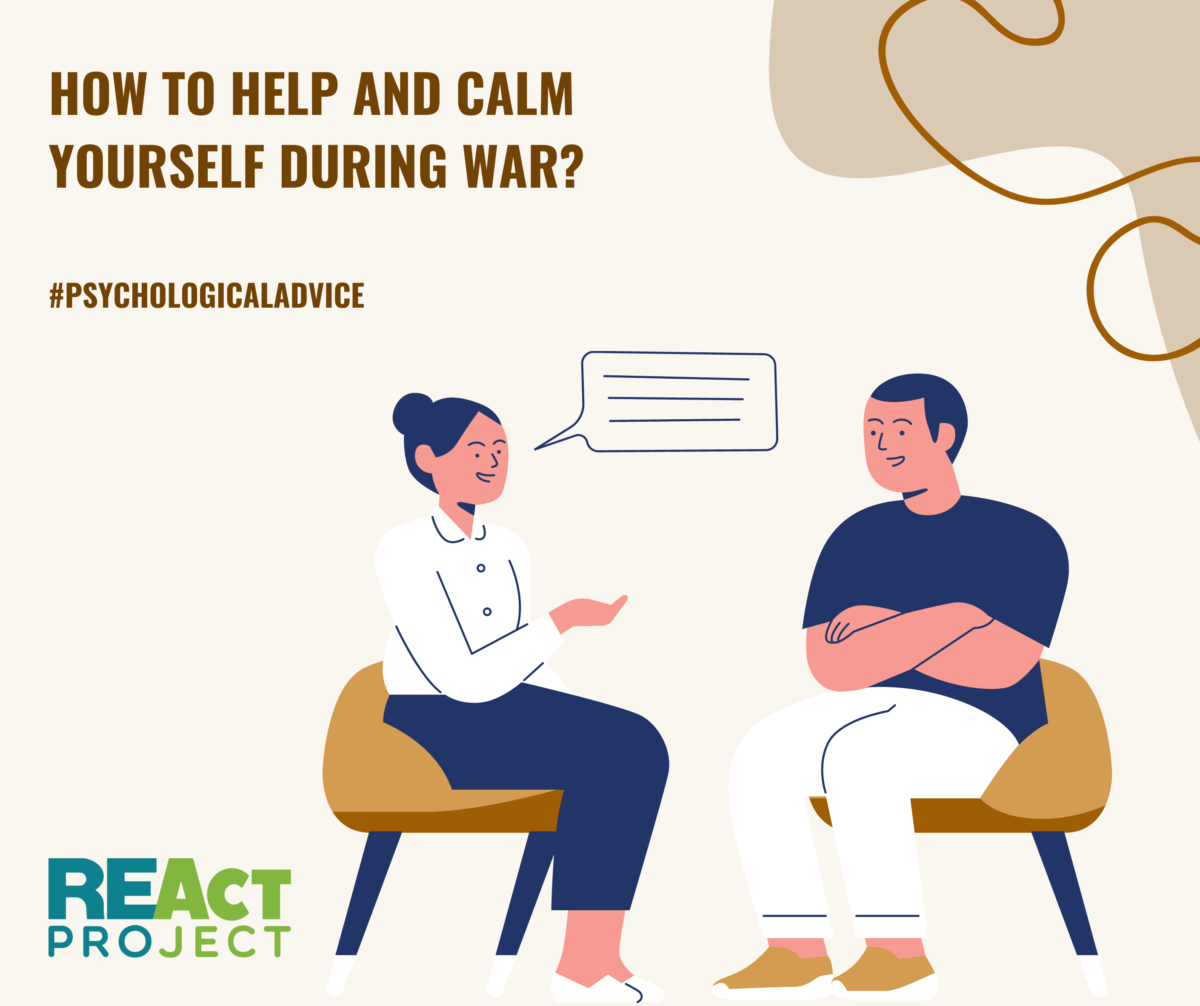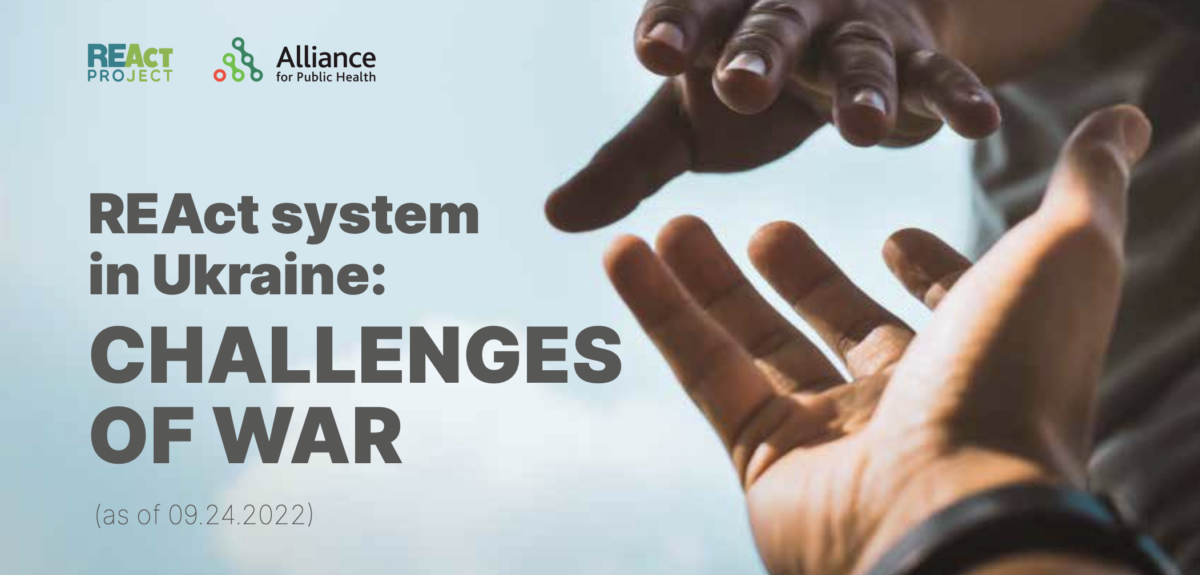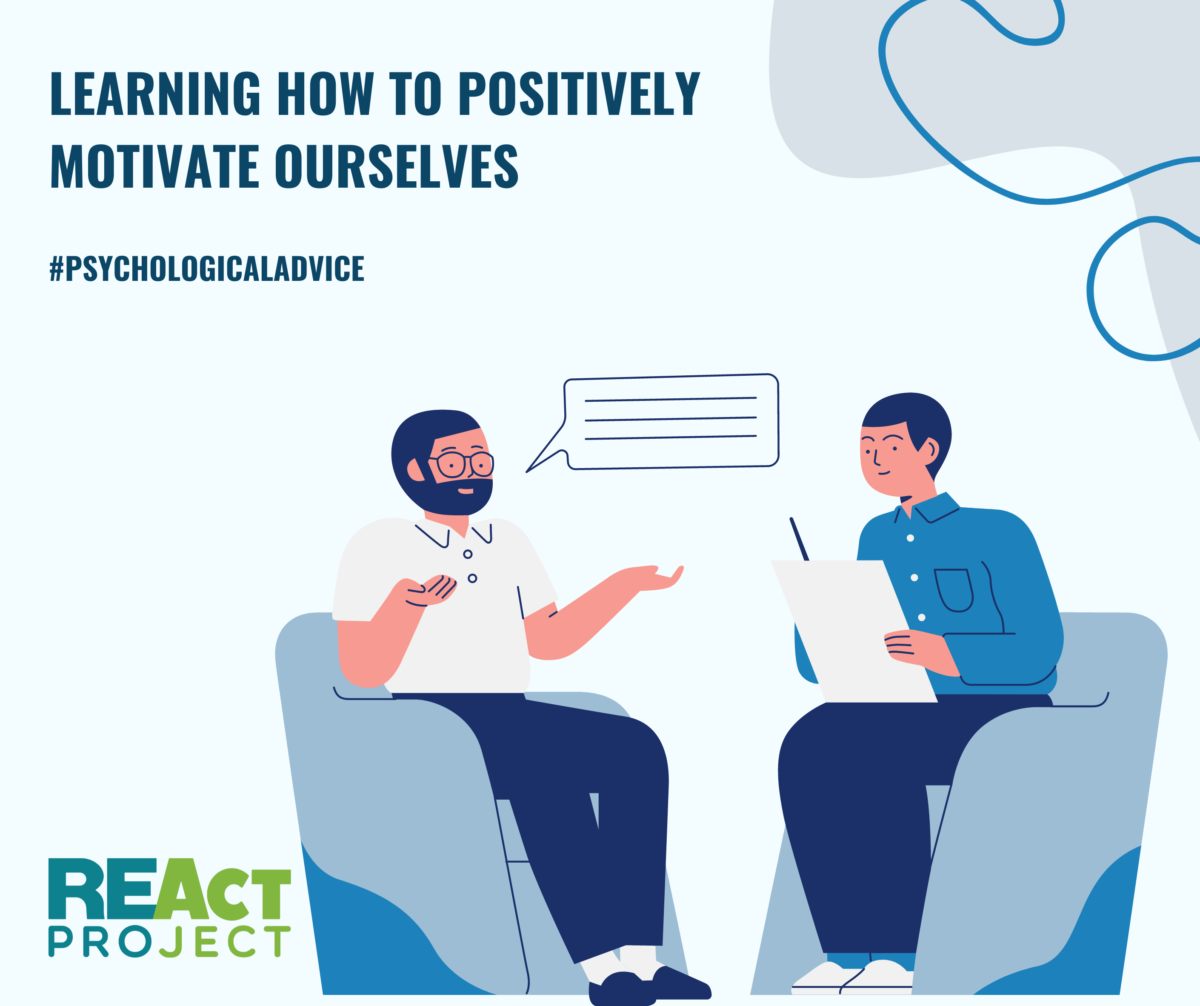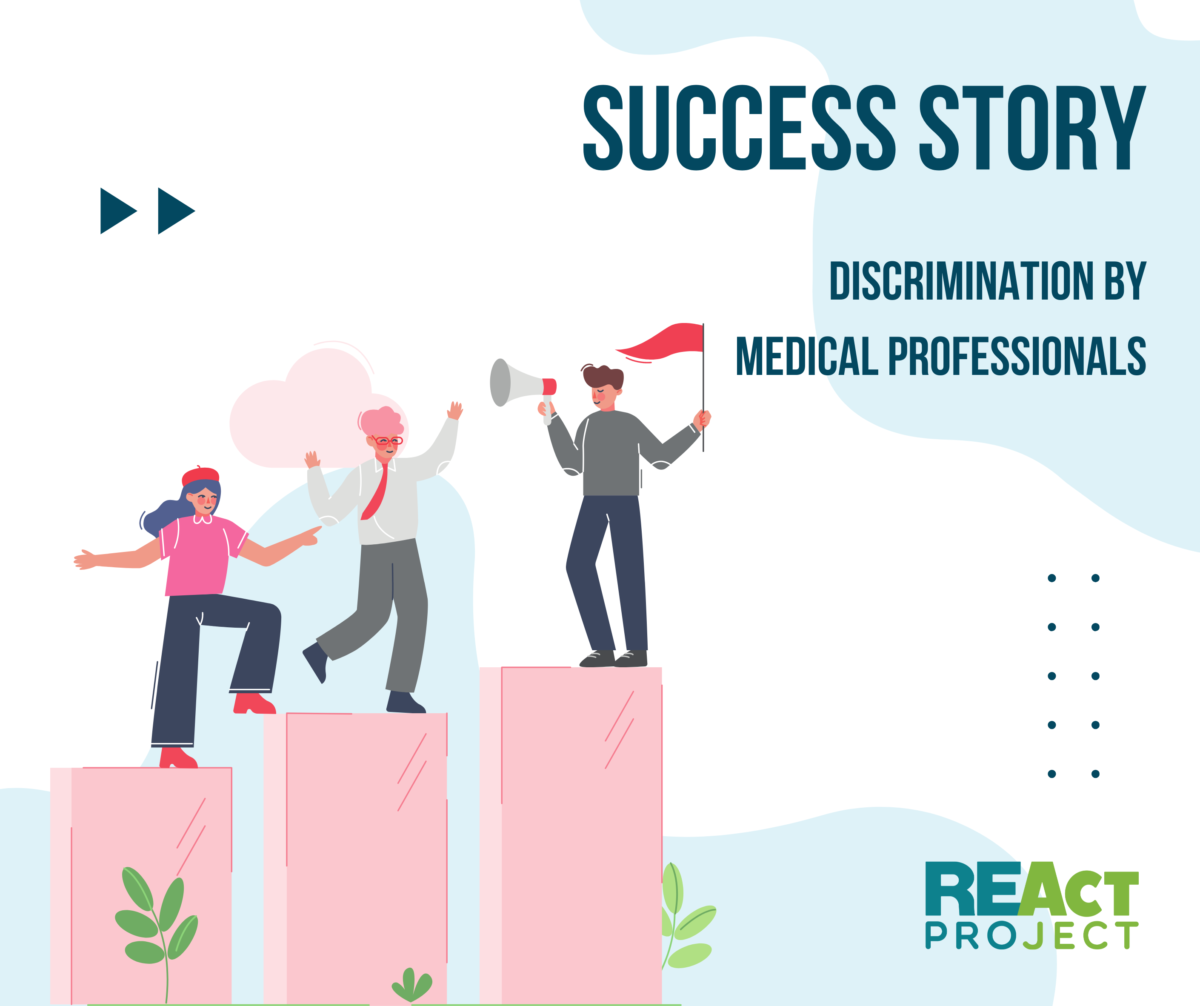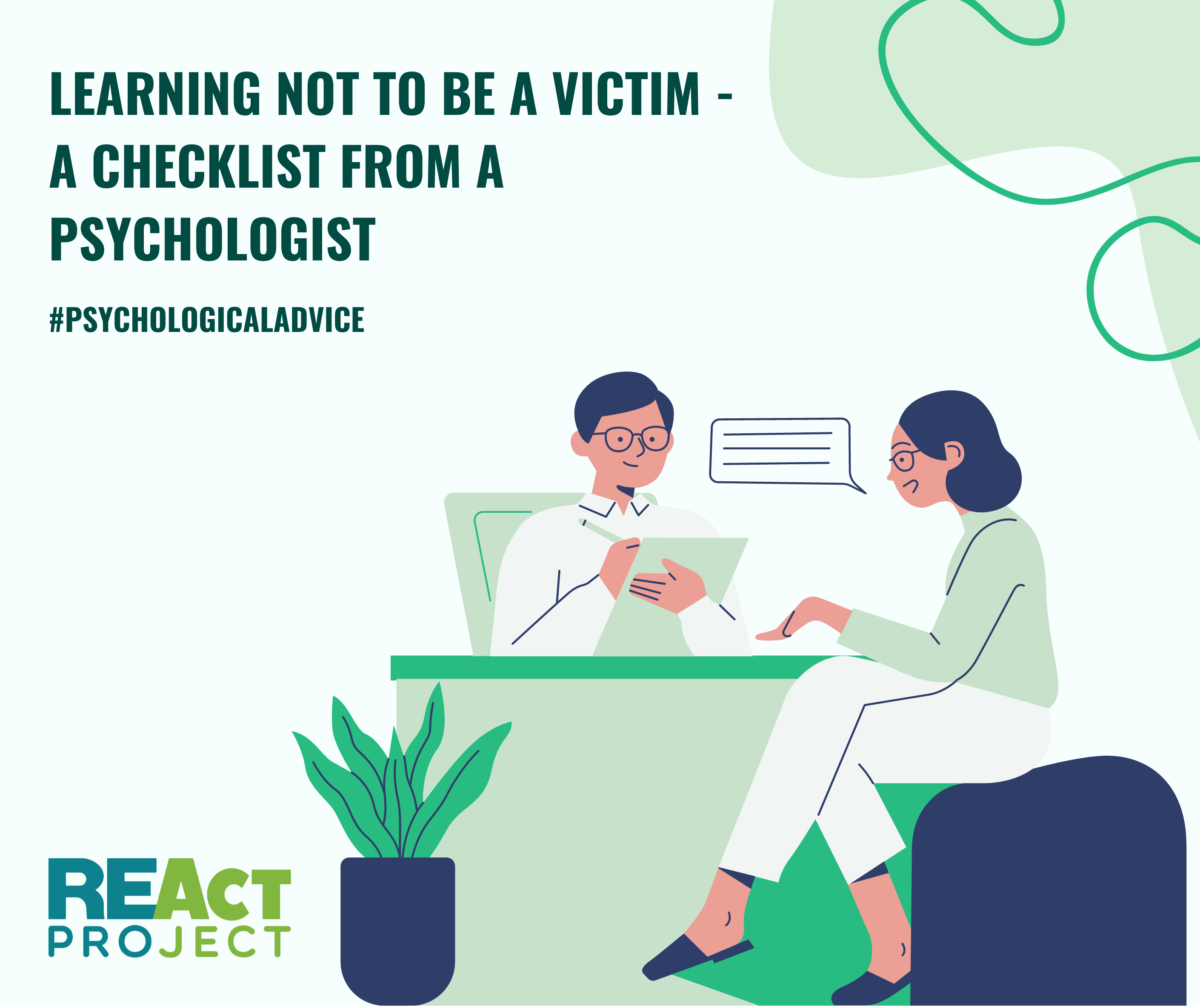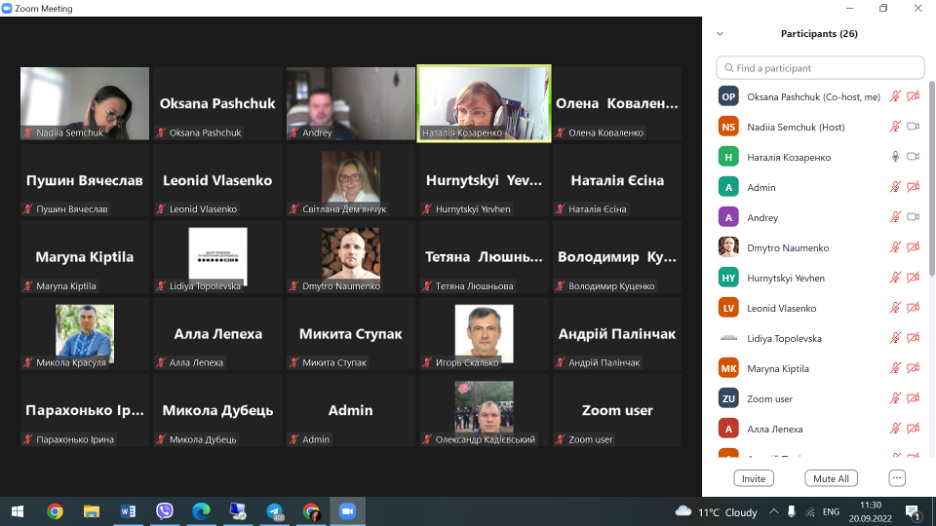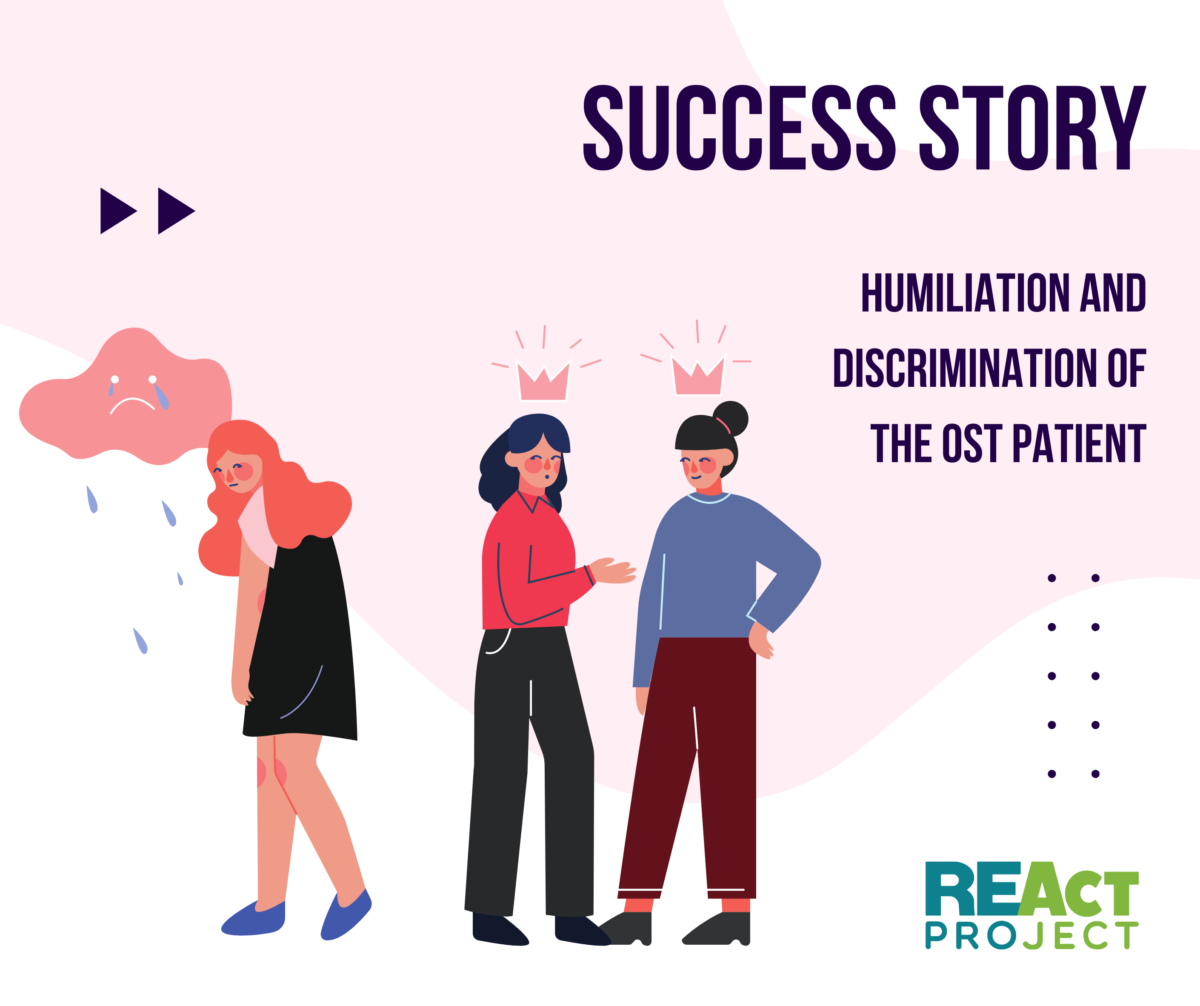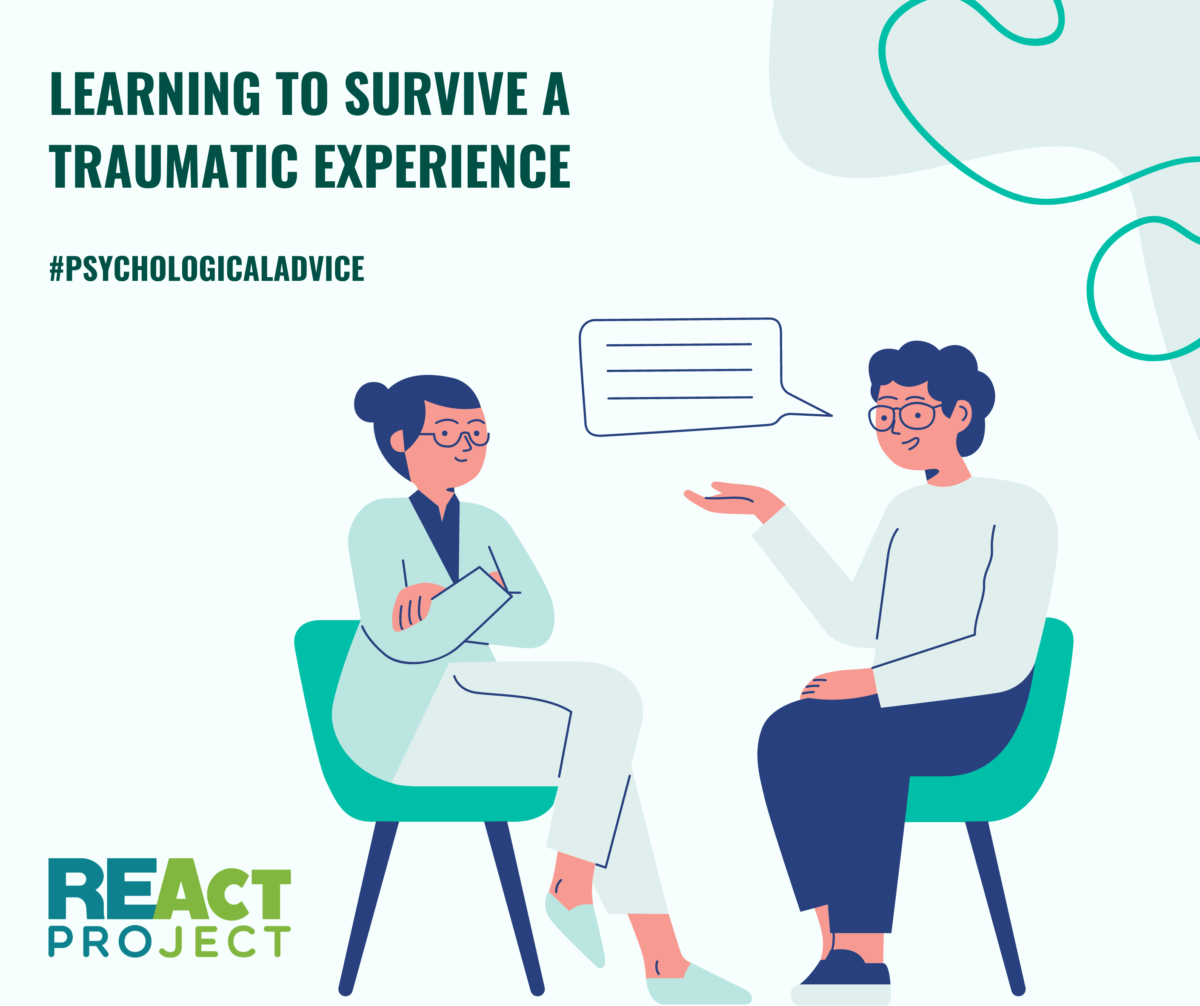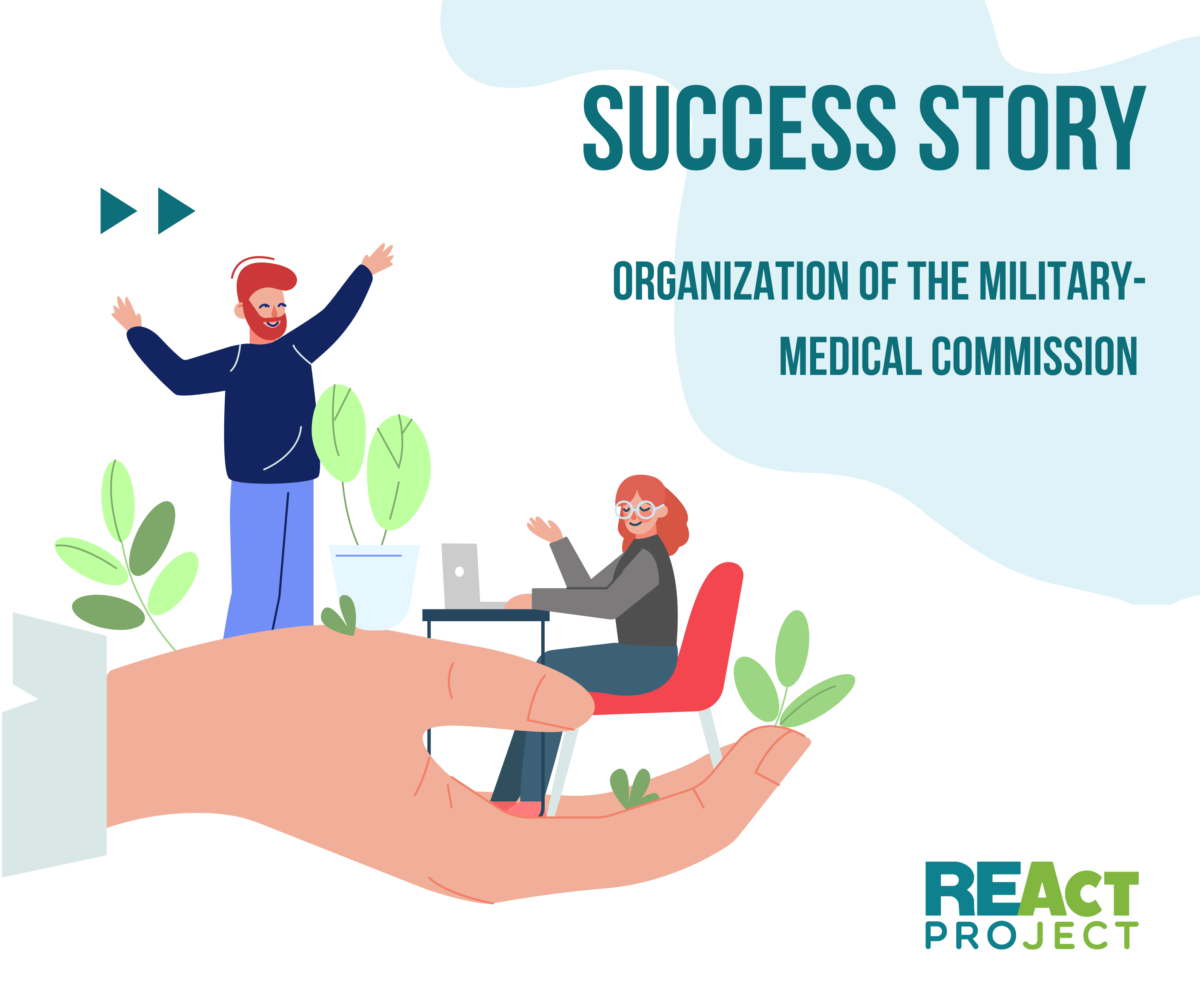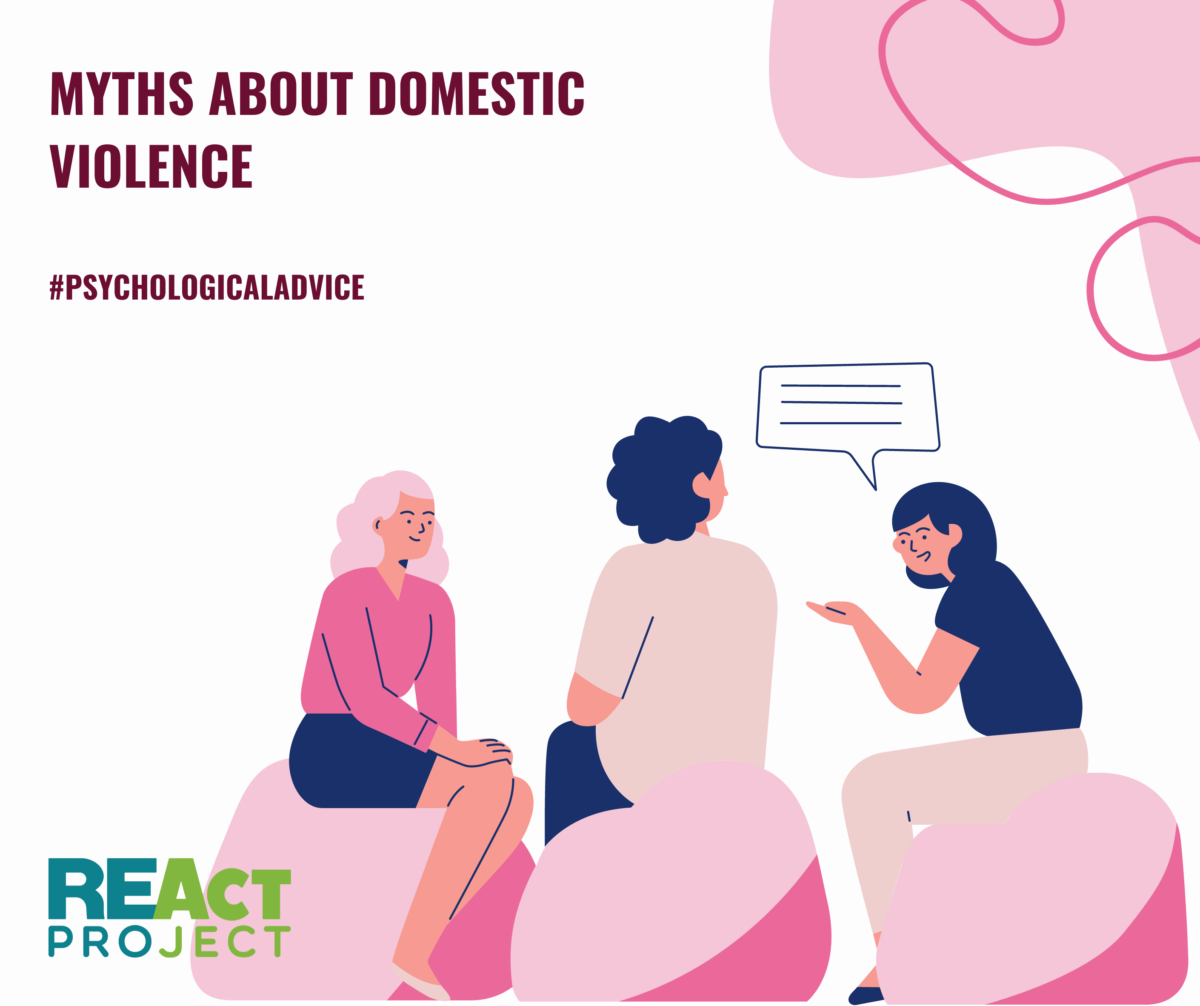Oksana turned to the REAct documentator with a request to provide advice and help in obtaining medical assistance. The woman explained that in the radiologist’s office, the doctor offered her to make a so-called “charitable monetary contribution” for the service received.
The client refused and said that she did not have cash. To which the doctor suggested withdrawing the money and bringing it to her because only then will she be able to give the fluoroscopy picture. Oksana refused, after which the doctor started cursing and insulting the woman. Oksana left the office and left the hospital.
The REAct documentator visited the medical facility, where the radiologist silently handed the X-ray picture to the client and closed the door. After that, the documentator visited the chief doctor, because this was not the first case on the part of this doctor. The woman systematically demands money from clients for X-ray pictures under the guise of charity. After the chief doctor’s promise to look into this issue, Oksana was given the necessary help, registered and prescribed medication.


